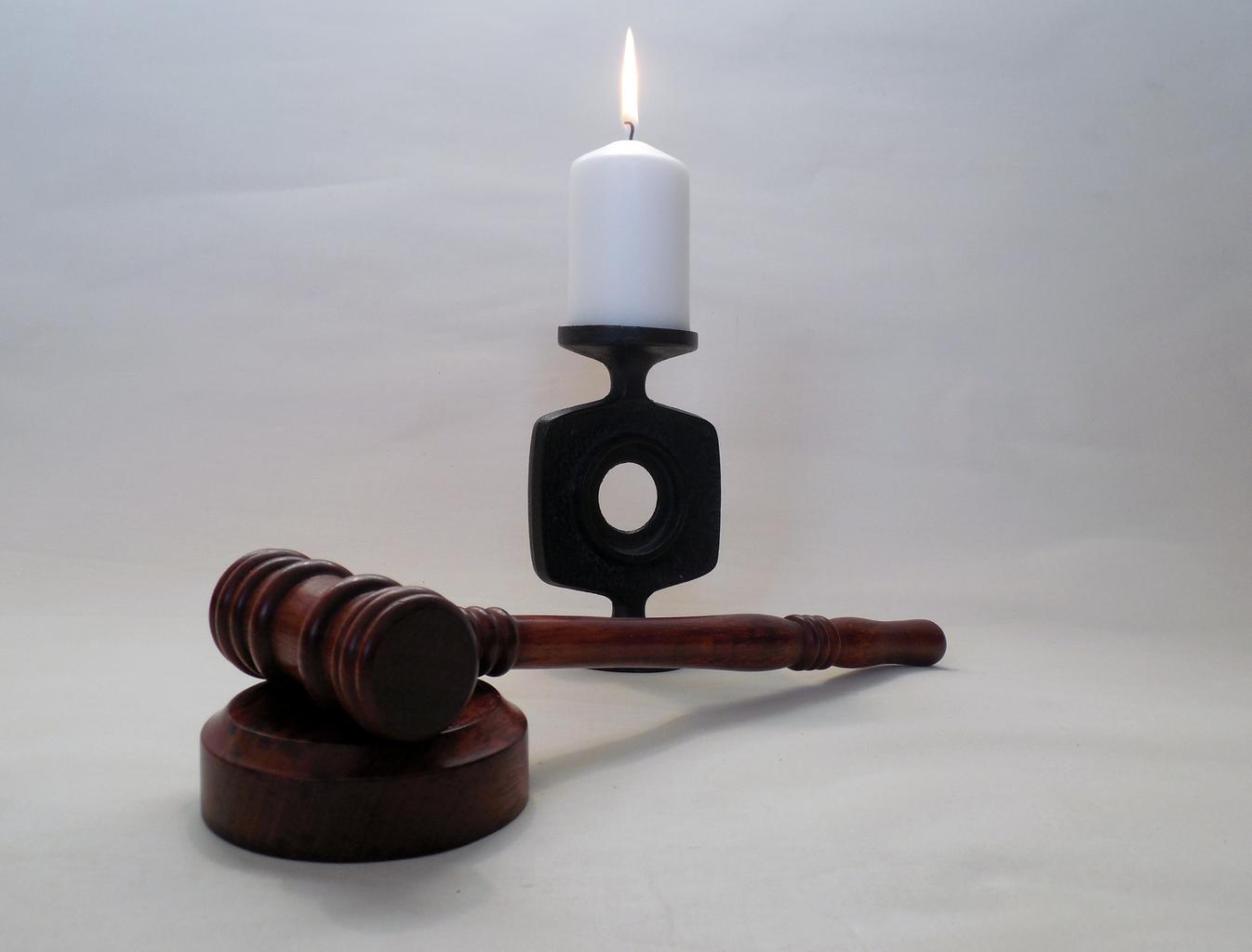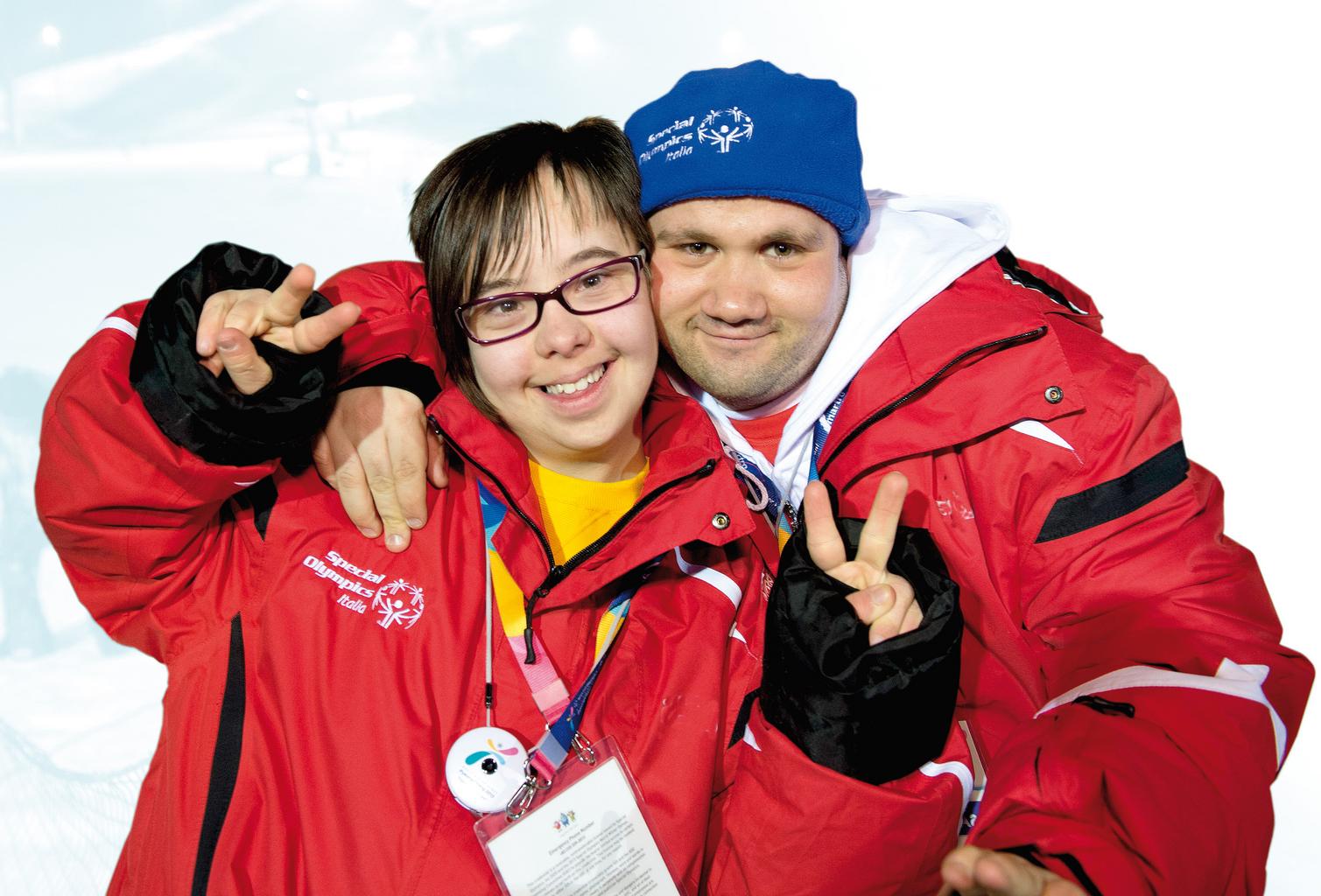G.B. v. B.B., Date filed: 2022-10-20, Court: Supreme Court, Kings, Judge: Justice Delores J. Thomas, Case Number: 52419/10:
"Defendant, in her cross motion, seeks an order enforcing paragraphs 6
(Q) and 6 (R) of the Stipulation of Settlement) by ordering plaintiff to
use all reasonable efforts to ensure that the children’s appearance and
conduct comply with the religious requirements of their Chasidic
Orthodox Jewish upbringing and their schools while in plaintiff’s
physical custody. The 2017 Amendment provides that the Stipulation of
Settlement shall remain in force except to the extent that any provision
therein conflicts with it. No provision in the 2017 Amendment conflicts
with paragraphs 6 (Q) or 6 (R) of the Stipulation of Settlement.
Paragraph 6 (Q) of the Stipulation of Settlement provides that “[t]he
Children shall continue to be raised in accordance with the strict
tenets of Chasidic Orthodox Judaism.” Paragraph 6 (R) of the Stipulation
of Settlement provides that plaintiff and defendant “shall ensure that
the Children dress in the same style of weekday, Shabbos, and Yom Tov
attire as that which is worn by the Husband and Wife’s families, to wit,
clothing worn by Chasidic Orthodox Jewish males.”
Defendant claims
that at times, plaintiff only took the children to the Shabbos morning
services, but rarely on Friday night or for the afternoon and evening
services on Shabbos. She also claims that plaintiff has discouraged the
children from wearing their traditional Chasidic clothing for Shabbos,
and, instead, encouraged them to stay home in their pajamas.
Plaintiff states that he raises the children as Chasidic, and that the
children are very happy with the religious observance at his home.
Plaintiff asserts that defendant insisted that the older son dress in a
style that is contrary to the Satmar tradition, but instead comports
with her husband’s style of dress. Plaintiff attests that he never
discouraged the children from wearing their traditional Chasidic
clothing for Shabbos. Plaintiff states that he only did not take the
children to synagogue when it was unsafe at the height of the COVID-19
pandemic.
“New York courts will enforce clauses in custody
agreements that provide for a specific religious upbringing for the
children where the agreement is in the best interests of the children” (
Cohen v. Cohen,
177 AD3d 848, 853 [2d Dept 2019], appeal dismissed
35 NY3d 947
[2020]). Notably, it is unconstitutional to direct plaintiff himself to
comply with the cultural norms of Chasidic Judaism during his periods
of parental access (see
Weichman v. Weichman,
199 AD3d 865, 867 [2d Dept 2021];
Cohen v. Cohen,
182 AD3d 545,
546 [2d Dept 2020]). While defendant’s husband’s practice of Chasidic
Judaism may be more rigorous and stringent than that of plaintiff,
plaintiff is providing the children with a Chasidic Jewish upbringing in
compliance with the Stipulation of Settlement. The court directs that
plaintiff continue to comply with paragraph 6 (Q) and paragraph 6 (R) of
the Stipulation of Settlement."

















